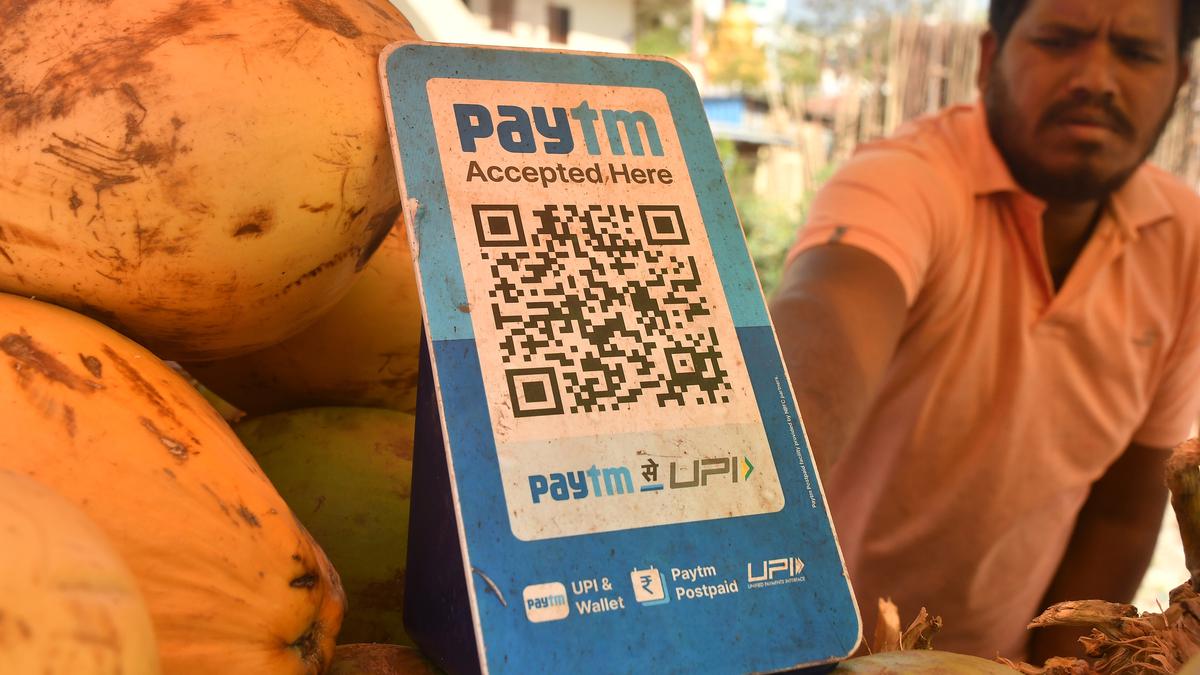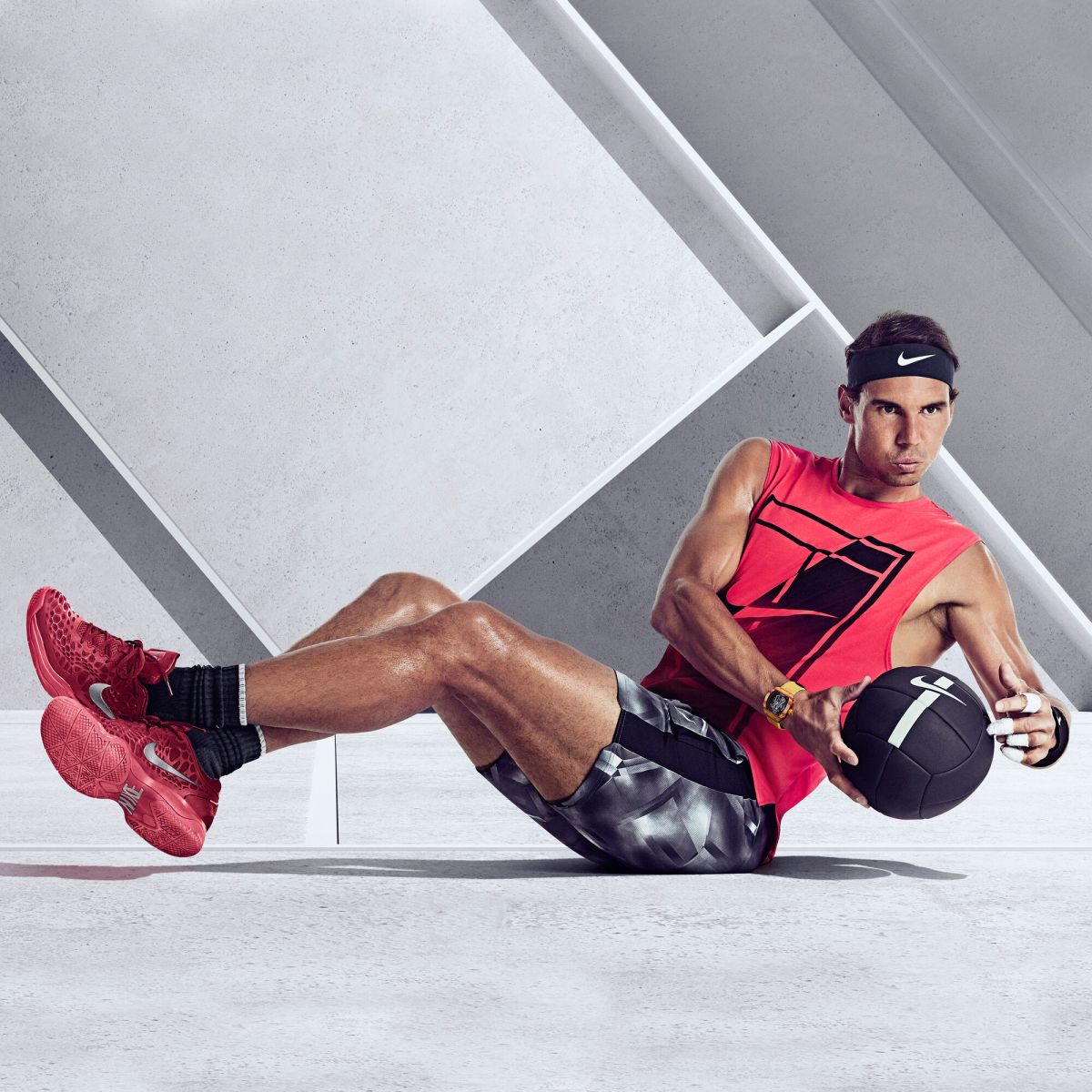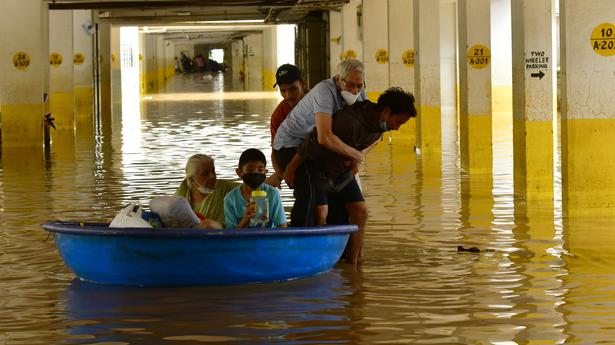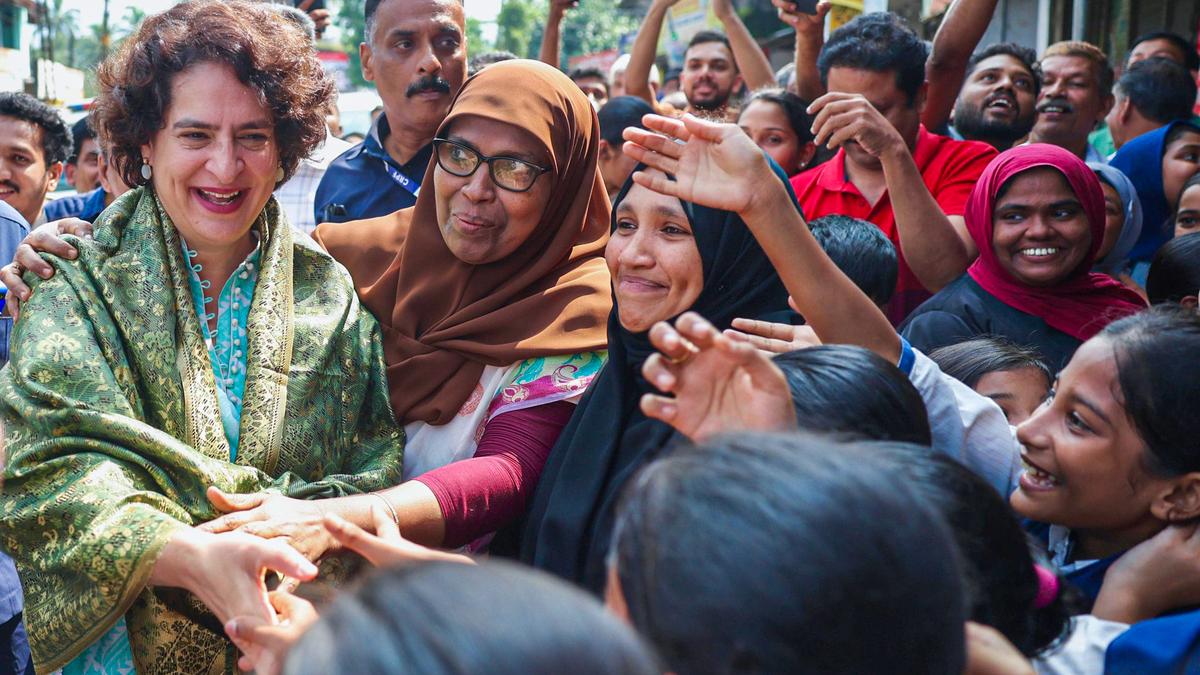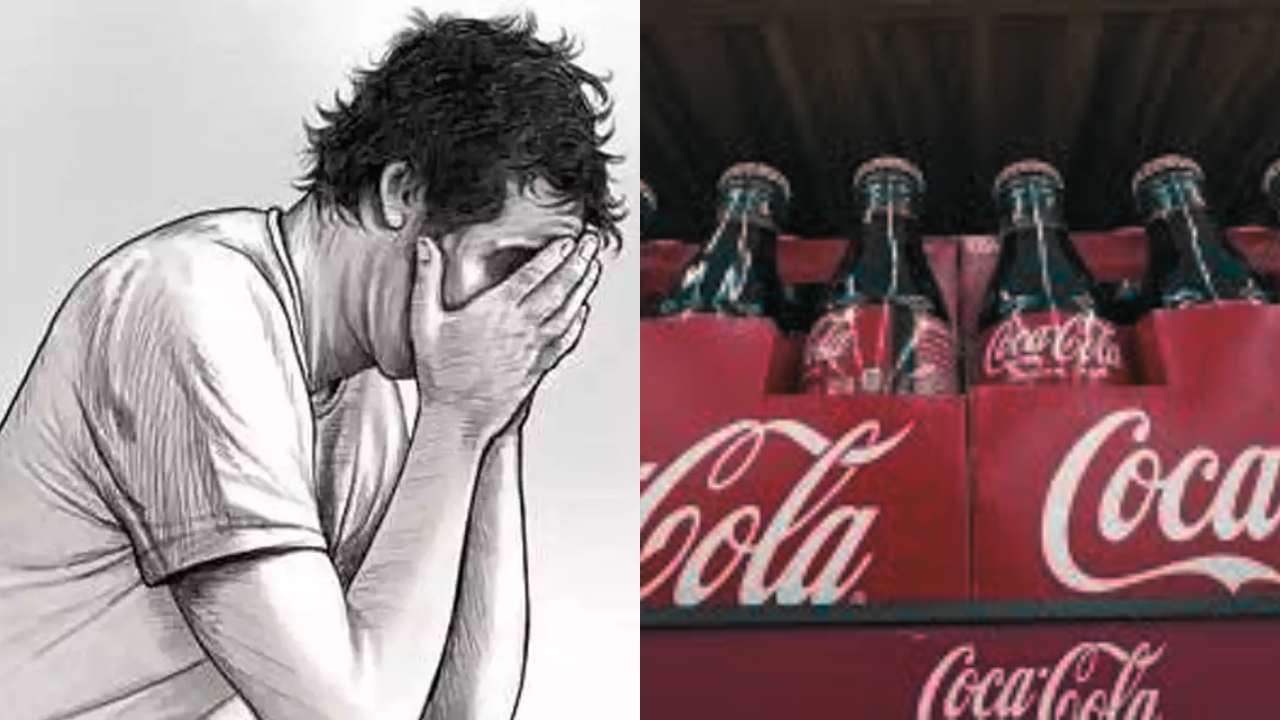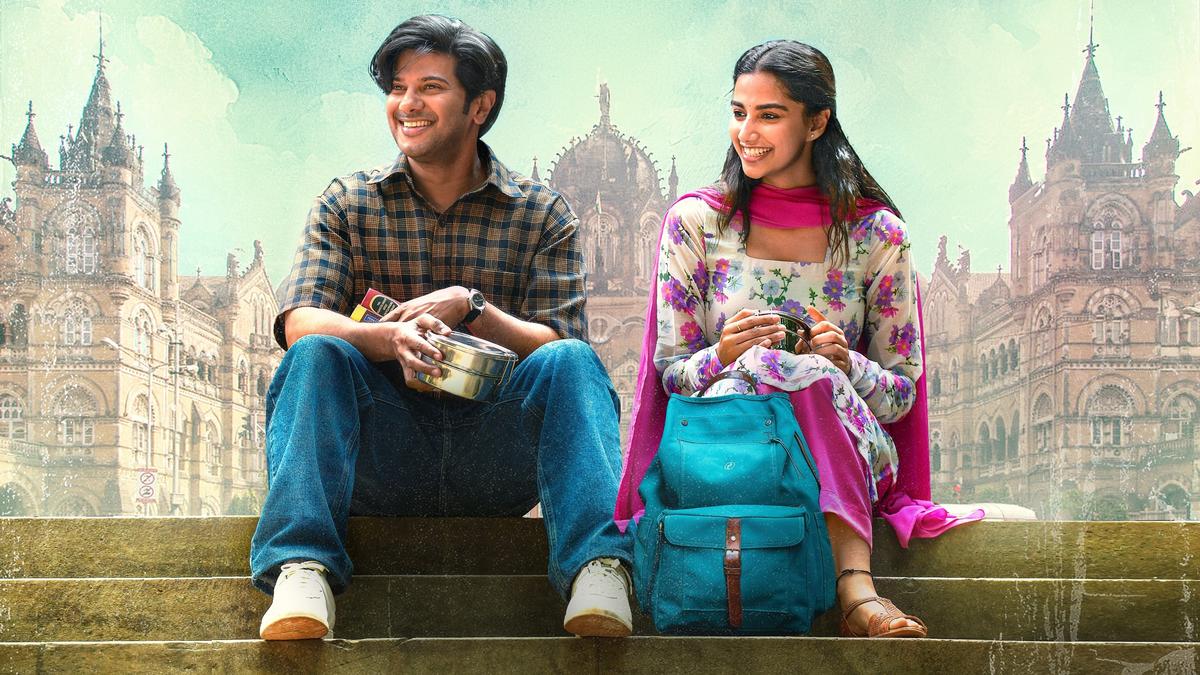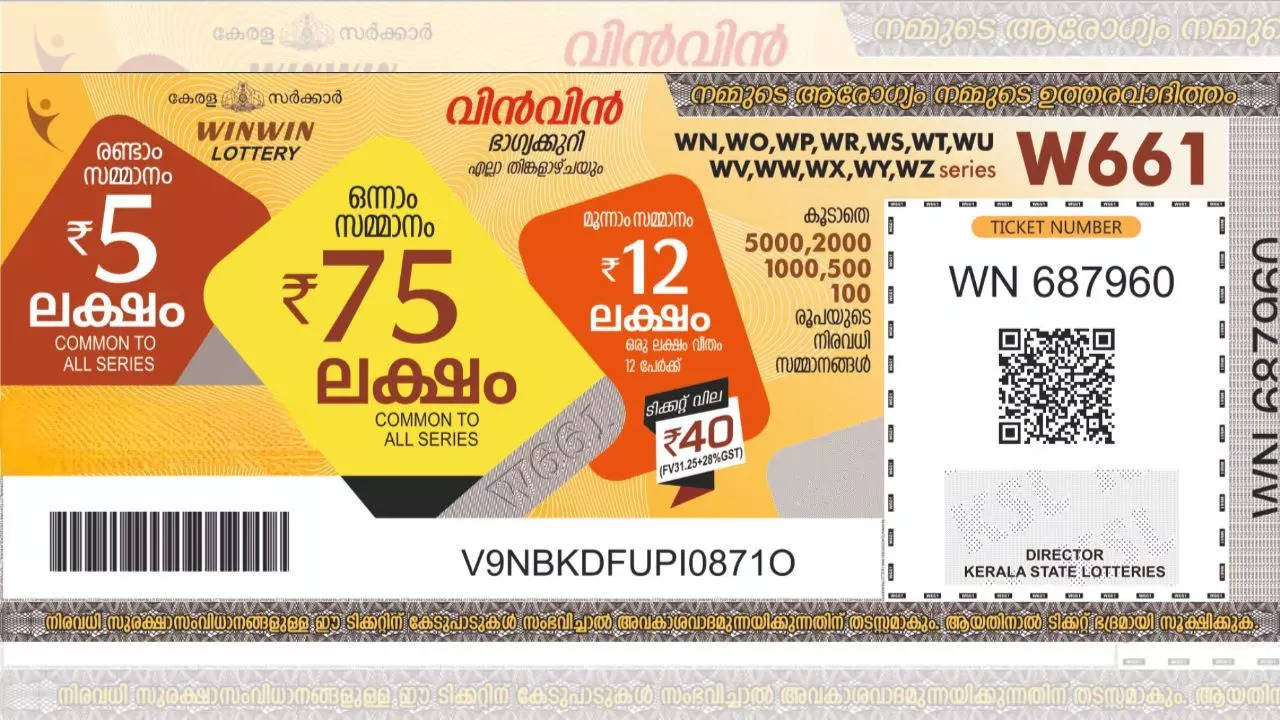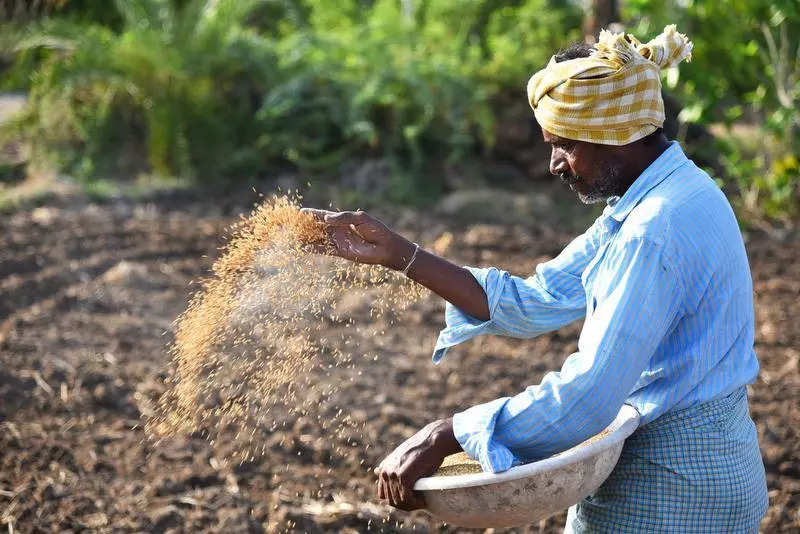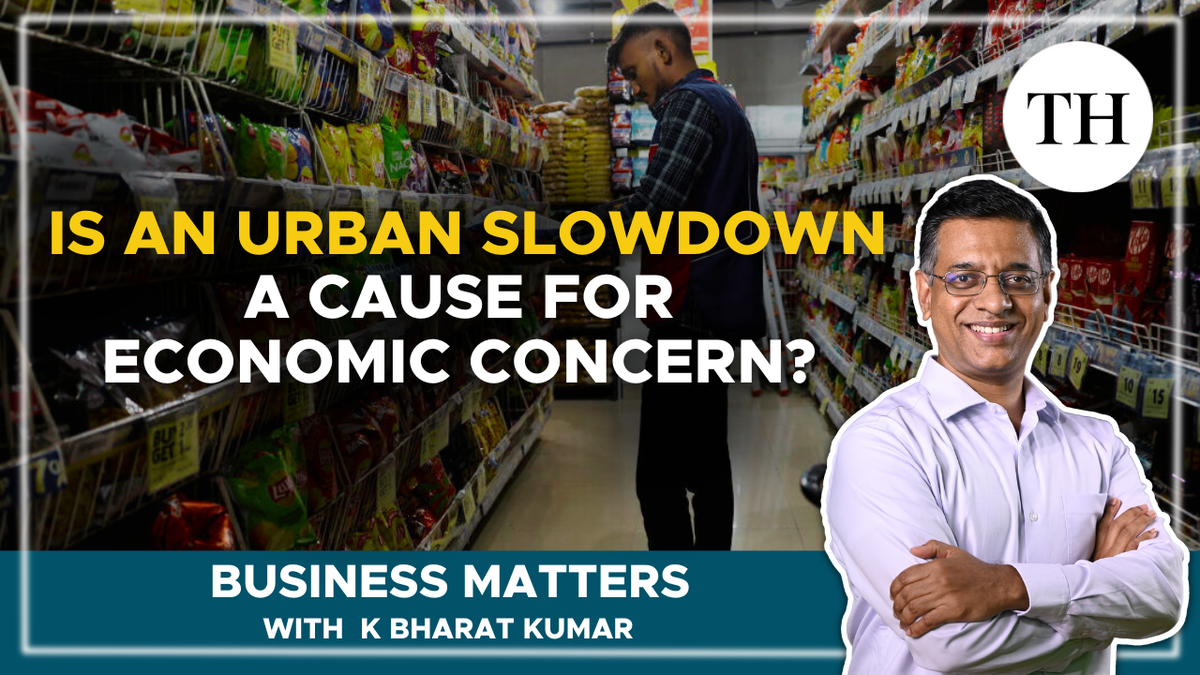Cervara On Medvedev: 'When He Feels Good, He Can Do Big, Big Things'
Daniil Medvedev has made a clay-court breakthrough this fortnight, advancing to the quarter-finals at Roland Garros, where he had previously not won a match. His longtime coach, Gilles Cervara, is pleased with the accomplishment, saying “It’s a good feeling to add another one in our career. It’s a great feeling.” Medvedev has often joked in the past about his play on clay and hoping to win his first match at Roland Garros this year. But now, the Russian is into the last eight with the loss of just one set. The second seed also quietly has moved closer to taking the No. 1 FedEx ATP Ranking from Novak Djokovic, which he can accomplish by winning the title or by making the final without Djokovic also reaching the championship match. ATPTour.com spoke to Cervara on Sunday about all of that and more. I’m sure you’ve seen all the talk and Daniil has joked all the time about not having a win at Roland Garros. Does that make it especially nice that he’s found such good form in Paris?For me, I try not to listen too much about this. When you are a coach, in the previous weeks he started to [talk] about the clay, that he doesn’t like the clay. As a coach, you cannot trust this. You cannot listen to this, you cannot stop on this. That’s my feeling, that’s my opinion. We will fight to get into the semi-final now. It’s your job. Of course you are able to win and play on clay courts. Was one of the big things for you ahead of this tournament making sure he focuses on that and not the other stuff?On the first day when we arrived in Paris, I was almost sure it would be a great tournament like he said in the press. But as a coach, after his first feeling here in practice [when he said he felt good], also for this I didn’t listen to [what he said in press]. I understood that he felt good. If he feels good, that’s great. But now we’re going to see day after day, and especially after the first match how he is going to fight, how he is going to behave on the court. That will be the only proof that he is in good shape and a good mindset. He had a tough first opponent, Alexander Bublik. When did you first realise that Daniil was feeling good?I would say every day on court in practice, the four days we practised here. He won every set he played against his opponents and when he was in trouble, he didn’t say any words. That’s when I felt, 'Okay, maybe he is right, he feels good and it’s not [words].' At this moment, I felt we could have an opportunity to do something okay. After that, during every match it was like, 'Okay, let’s see.' I didn’t expect amazing things, but I was ready for big things, because I know Daniil and I know when he feels good, he can do big, big things. You mentioned it was a good sign that he wasn’t saying much in tough moments on court. Was that something that you told him, that it wasn’t a good thing that earlier in the clay season he would talk too much on court?Of course. It’s tough to say to a player, 'Don’t talk' when he wants to talk, especially with Daniil. It’s more when he talks, something is wrong, something needs to be improved inside himself. That’s his job, that’s our job and his mental coach’s job with him, to improve this. It’s not like, ‘Okay, I stop talking’ and it works. It’s more [for him to think], 'I’m in a good mindset, so when it’s tough, I don’t feel the need to talk.' Daniil has mentioned a few times in press how he likes the ball and the bounce in Paris. Do you feel the conditions are different this year?I don’t think it’s different this year, but it’s different for him. It’s different for him because here in Paris it’s warm this year, so there is a lot of sun. The balls get faster and with more life in the bounce, so of course it’s great for him. Not the clay, but inside the court, the ground is stronger than in Rome and Madrid. It’s not as soft. It changes everything. Small details can change everything for the player’s feeling, and that is what happened in Daniil. We’ve seen on hard courts that Daniil gets in zones where he just doesn’t miss and it drives opponents crazy. Do you see him almost playing like that in Paris where he’s just settling into those types of rallies?Yes, of course. That’s exactly what I just saw in his match today [against Cristian Garin]. In the first two sets it was like he didn’t miss. He plays in his zone because he doesn’t think, he has his automatism (the performance of actions without conscious thought) and his game puts his opponent in trouble. How amazing is it that Daniil has a real chance to get to World No. 1 this tournament?Of course I will not think about this. The points, the record, the ranking, of course I do care. But during the tournament, the most important thing is that you try to play and be the best you can on the court during the match. If you are good, the rest is coming. But I don’t think about World No. 1 at all. Next up is Stefanos Tsitsipas. How much does having such a good record against him help Daniil’s confidence

Daniil Medvedev has made a clay-court breakthrough this fortnight, advancing to the quarter-finals at Roland Garros, where he had previously not won a match.
His longtime coach, Gilles Cervara, is pleased with the accomplishment, saying “It’s a good feeling to add another one in our career. It’s a great feeling.”
Medvedev has often joked in the past about his play on clay and hoping to win his first match at Roland Garros this year. But now, the Russian is into the last eight with the loss of just one set. The second seed also quietly has moved closer to taking the No. 1 FedEx ATP Ranking from Novak Djokovic, which he can accomplish by winning the title or by making the final without Djokovic also reaching the championship match.
ATPTour.com spoke to Cervara on Sunday about all of that and more.
I’m sure you’ve seen all the talk and Daniil has joked all the time about not having a win at Roland Garros. Does that make it especially nice that he’s found such good form in Paris?
For me, I try not to listen too much about this. When you are a coach, in the previous weeks he started to [talk] about the clay, that he doesn’t like the clay. As a coach, you cannot trust this. You cannot listen to this, you cannot stop on this. That’s my feeling, that’s my opinion. We will fight to get into the semi-final now. It’s your job. Of course you are able to win and play on clay courts.
Was one of the big things for you ahead of this tournament making sure he focuses on that and not the other stuff?
On the first day when we arrived in Paris, I was almost sure it would be a great tournament like he said in the press. But as a coach, after his first feeling here in practice [when he said he felt good], also for this I didn’t listen to [what he said in press]. I understood that he felt good. If he feels good, that’s great.
But now we’re going to see day after day, and especially after the first match how he is going to fight, how he is going to behave on the court. That will be the only proof that he is in good shape and a good mindset.
He had a tough first opponent, Alexander Bublik. When did you first realise that Daniil was feeling good?
I would say every day on court in practice, the four days we practised here. He won every set he played against his opponents and when he was in trouble, he didn’t say any words. That’s when I felt, 'Okay, maybe he is right, he feels good and it’s not [words].'
At this moment, I felt we could have an opportunity to do something okay. After that, during every match it was like, 'Okay, let’s see.' I didn’t expect amazing things, but I was ready for big things, because I know Daniil and I know when he feels good, he can do big, big things.
You mentioned it was a good sign that he wasn’t saying much in tough moments on court. Was that something that you told him, that it wasn’t a good thing that earlier in the clay season he would talk too much on court?
Of course. It’s tough to say to a player, 'Don’t talk' when he wants to talk, especially with Daniil. It’s more when he talks, something is wrong, something needs to be improved inside himself. That’s his job, that’s our job and his mental coach’s job with him, to improve this. It’s not like, ‘Okay, I stop talking’ and it works. It’s more [for him to think], 'I’m in a good mindset, so when it’s tough, I don’t feel the need to talk.'
Daniil has mentioned a few times in press how he likes the ball and the bounce in Paris. Do you feel the conditions are different this year?
I don’t think it’s different this year, but it’s different for him. It’s different for him because here in Paris it’s warm this year, so there is a lot of sun. The balls get faster and with more life in the bounce, so of course it’s great for him.
Not the clay, but inside the court, the ground is stronger than in Rome and Madrid. It’s not as soft. It changes everything. Small details can change everything for the player’s feeling, and that is what happened in Daniil.
We’ve seen on hard courts that Daniil gets in zones where he just doesn’t miss and it drives opponents crazy. Do you see him almost playing like that in Paris where he’s just settling into those types of rallies?
Yes, of course. That’s exactly what I just saw in his match today [against Cristian Garin]. In the first two sets it was like he didn’t miss. He plays in his zone because he doesn’t think, he has his automatism (the performance of actions without conscious thought) and his game puts his opponent in trouble.
How amazing is it that Daniil has a real chance to get to World No. 1 this tournament?
Of course I will not think about this. The points, the record, the ranking, of course I do care. But during the tournament, the most important thing is that you try to play and be the best you can on the court during the match. If you are good, the rest is coming. But I don’t think about World No. 1 at all.
Next up is Stefanos Tsitsipas. How much does having such a good record against him help Daniil’s confidence?
I wish yes. In reality, I don’t know. It’s not the first time that they’ve played against each other on clay, because they played in Monte Carlo in 2019. It’s great that he has already beaten Tsitsipas.
If you could pick one thing that’s most important for Daniil the rest of the tournament, what would that be?
That’s tough, [there are] so many things. But as I know him, I will say to feel that he can play his tennis without thinking. [It is important that he is] feeling that his tennis is efficient and doesn’t make him think too much. Kind of reacting, but not 100 per cent. It’s to be in his automatism without thinking about anything else.



 Admin
Admin 



















